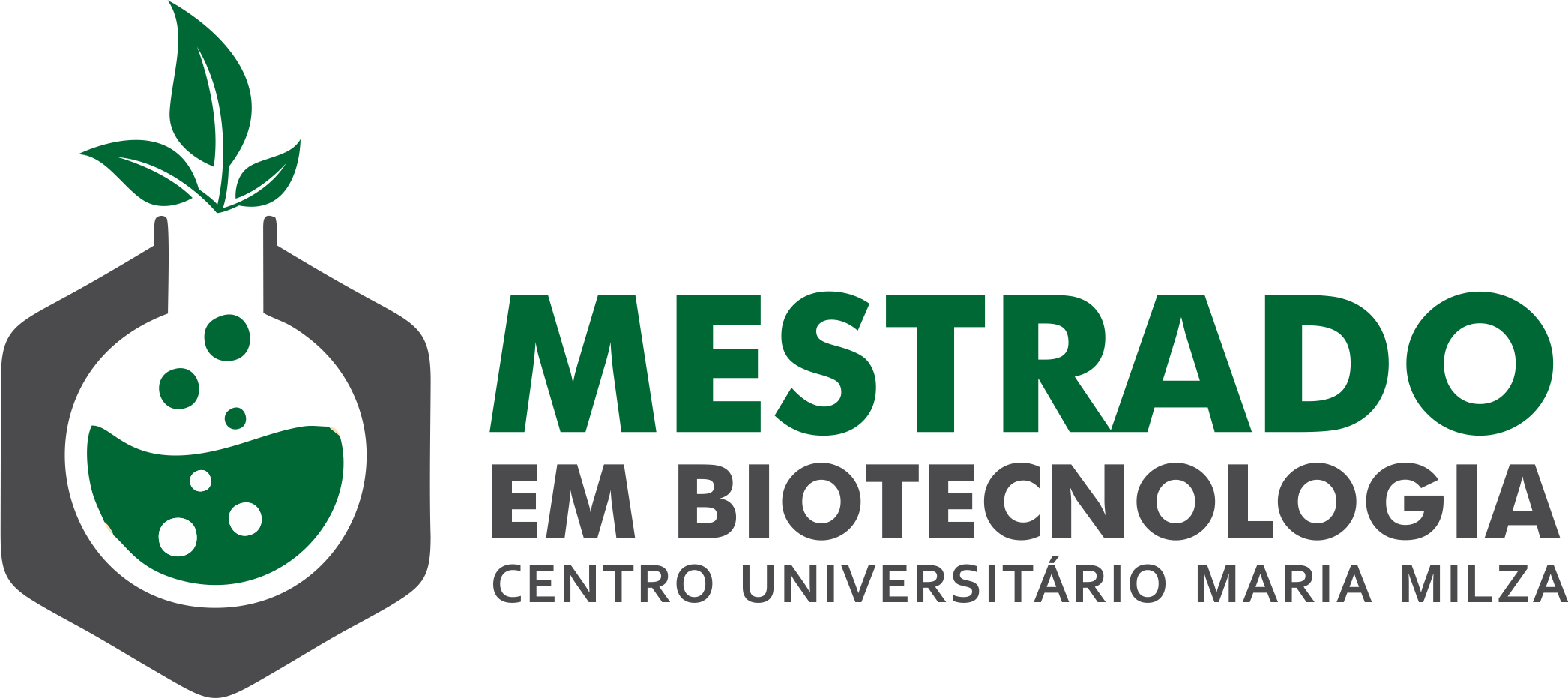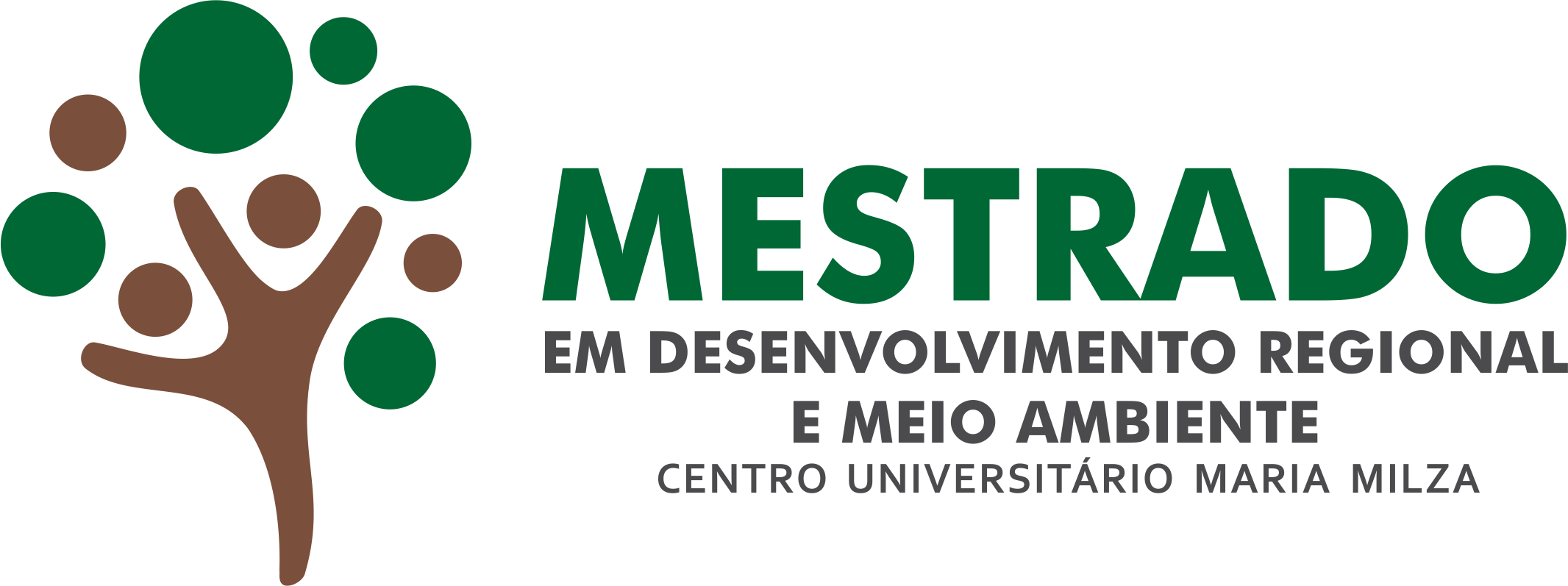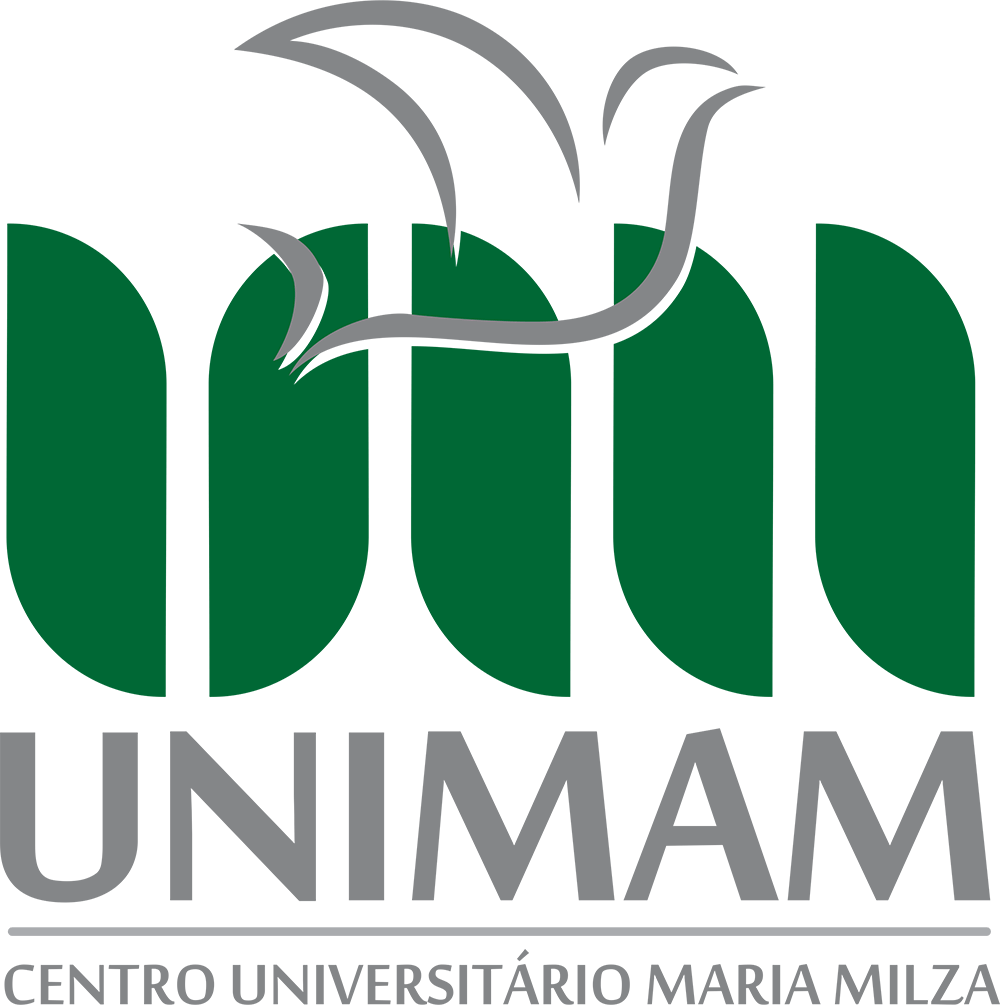Saúde da mulher e o uso de plantas: um olhar para a saúde única
Eixo temático: Temas gerais com interface à Saúde Única
DOI:
https://doi.org/10.22479/texturav15n2p56-64Parole chiave:
saúde geral, saúde feminina, fitoterapia, conhecimento culturalAbstract
O conceito de Saúde Única reconhece que a saúde dos seres humanos, animais e do meio ambiente estão conectadas e devem ser trabalhadas em conjunto. Assim, este trabalho identificou, por meio de um levantamento do conhecimento cultural, as plantas utilizadas para a saúde da mulher a fim de fomentar uma discussão sobre o uso das plantas sob um olhar sustentável e econômico, relacionado com saúde única. Foi aplicado um questionário destinado a mulheres, disponibilizado via mídias sociais. O questionário constituiu-se de 20 perguntas, seguindo os critérios do Comitê de Ética em Pesquisa. Participaram 59 mulheres que utilizam plantas para cólicas menstruais (83,05%, n=45), coceiras vaginais (62,71%, n=37) e/ou menopausa (15,25%, n=9). Para cólica menstrual, as plantas mais citadas foram a camomila, orégano e gengibre; para coceiras e/ou corrimento vaginais, destacaram-se a aroeira e a babosa e para sintomas da menopausa as mais citadas foram amora e a camomila. Portanto, o uso de plantas medicinais no tratamento de enfermidades que acometem a saúde da mulher pode ser uma alternativa terapêutica. Não deixando de ressaltar que as questões relacionadas ao meio ambiente e à saúde humana devem ser estudadas em conjunto, pois os impactos ao meio ambiente, afetam a saúde de todos.
Downloads
Downloads
Pubblicato
Come citare
Fascicolo
Sezione
Licenza
Os autores concedem direitos autorais sobre manuscrito aprovado com exclusividade de publicação para Revista Textura em formato eletrônico, incluindo imagens e conteúdo para divulgação do artigo, inclusive nas redes sociais da Revista Textura.











